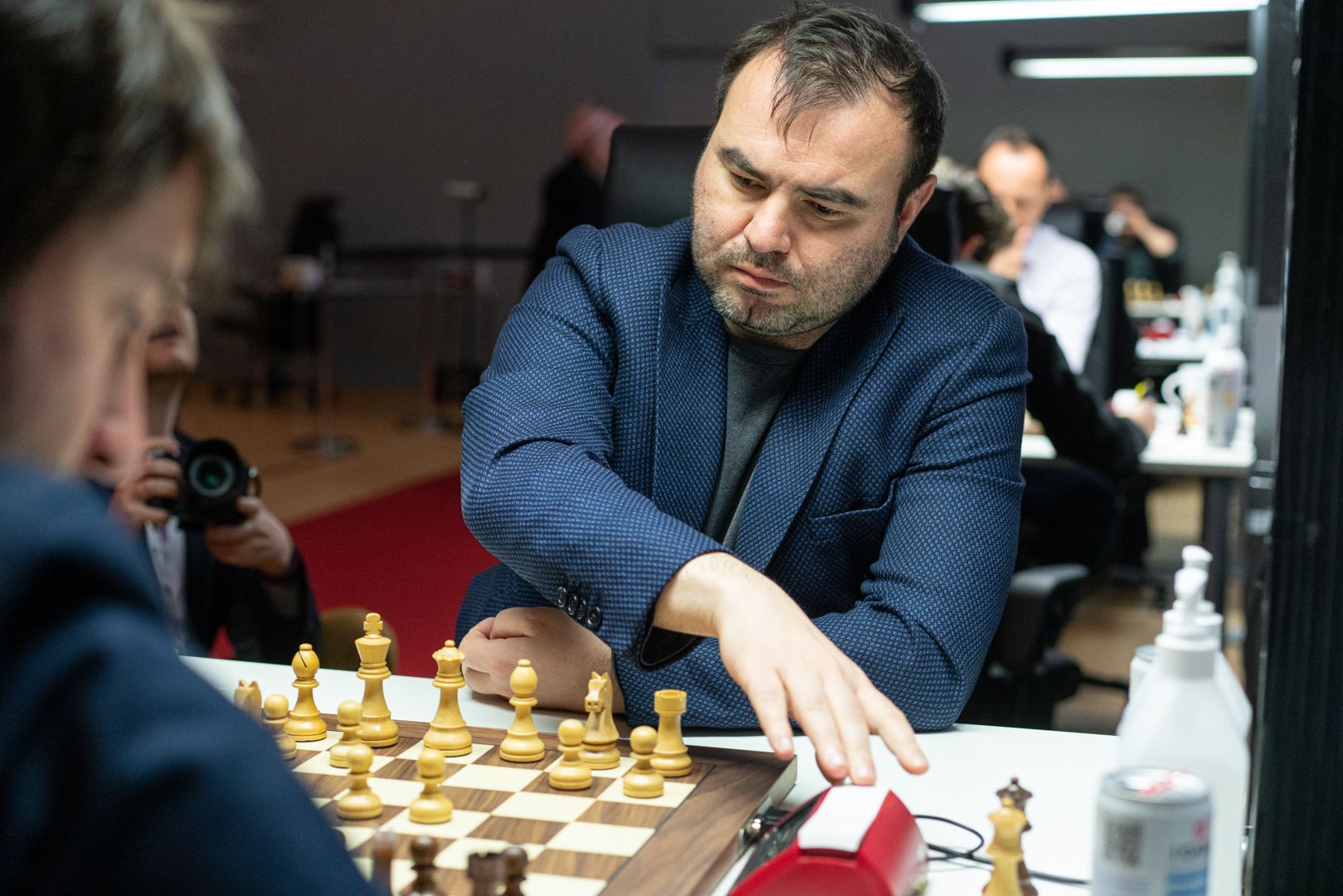The World Chess Championship, spanning over 138 years, has seen countless displays of strategy, brilliance, and psychological depth. From the early pioneers like Ruy López and Paul Morphy to modern-day legends such as Magnus Carlsen, the championship has been a stage for some of the most iconic moments in chess history. Here’s a look at 22 of the most memorable games that have defined the pinnacle of the sport.
The inaugural match in 1886 between Wilhelm Steinitz and Johannes Zukertort marked the birth of the modern World Chess Championship. Steinitz’s strategic mastery led him to victory, establishing him as the first undisputed world champion. Fast forward to 1894, where Emanuel Lasker dethroned Steinitz in a game that showcased Lasker’s pragmatic and adaptable style, setting the tone for his 27-year reign.
In 1921, José Raúl Capablanca outplayed Lasker in a game that displayed his nearly effortless positional mastery. This match also highlighted the shift from aggressive tactics to logical, positional play, which would dominate the chess world for years. In 1927, Alexander Alekhine’s victory over Capablanca in Buenos Aires shocked the chess world, as he dismantled Capablanca’s previously invincible aura.
Alekhine’s later struggles with personal demons were evident in 1934 during his title defense against Efim Bogoljubov. Despite his off-the-board issues, Alekhine displayed brilliant attacking play in a complex game that almost secured him the title once more. However, in 1935, Max Euwe, a mathematician, shocked the world by defeating Alekhine with calm, precise play, marking the first time a non-professional player won the title.
The Cold War era brought us the intense rivalry between Soviet giants. In 1951, Mikhail Botvinnik defended his title against David Bronstein in a dramatic game that ended in a drawn position due to Bronstein’s costly blunder. Later, in 1957, Vasily Smyslov dethroned Botvinnik in a series of brilliant positional games, one of which involved exploiting small advantages to force a breakthrough.
Mikhail Tal, known for his daring sacrifices, captured the World Championship in 1960, defeating Botvinnik with a stunning knight sacrifice in Game 6. His fearless style was in sharp contrast to Botvinnik’s methodical approach, marking a new era in chess strategy.
In 1972, the legendary Fischer-Spassky match in Reykjavik showcased Bobby Fischer’s genius, with his “Game of the Century” in Game 6, where Fischer’s unconventional opening and brilliant endgame sealed a memorable victory. Fischer’s adaptation under pressure in Game 10 further solidified his dominance, leading him to a historic victory over Boris Spassky, the first non-Soviet World Chess Champion.
The late 20th century saw Vladimir Kramnik unseat Garry Kasparov in 2000, famously dismantling Kasparov’s Grünfeld Defense with a novelty that rendered Kasparov’s strategy ineffective. This ushered in a new era of chess with the “Berlin Wall” defense, influencing future champions.
The 21st century has seen the rise of Magnus Carlsen, whose battles against Sergey Karjakin in 2016 and Ian Nepomniachtchi in 2021 exemplified his unparalleled technique and resilience. Carlsen’s ability to navigate through complex endgames, such as in his marathon Game 6 against Nepomniachtchi, has earned him a reputation as one of the greatest chess players of all time.
The latest chapter in the chess saga was written in Astana in 2023, where Ding Liren claimed victory in a tense match against Ian Nepomniachtchi, becoming the first Chinese World Chess Champion. His precise counterattacks and tactical brilliance in Game 12 demonstrated the evolving nature of the game and the emergence of new champions.
These 22 games stand as testaments to the brilliance, creativity, and psychological depth that have defined the World Chess Championship. Each game not only reflects the skill of the players but also the evolving strategies and enduring appeal of chess.
ARY NEWS, CNN, BBC NEWS, GEO NEWS, DAWN NEWS





